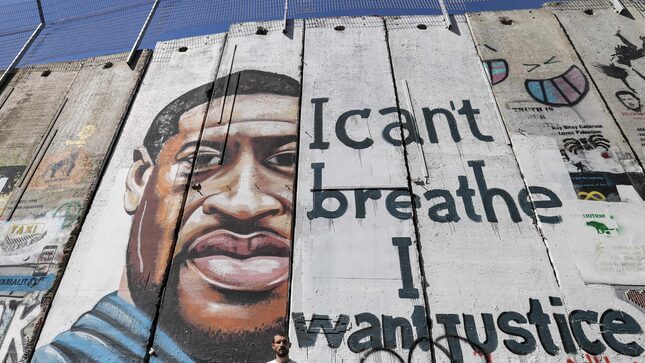George Floyd Was Murdered Two Years Ago Today, And Nothing’s Changed
Floyd's murder was brutal enough to incite a rally cry all around the world in 2020, but nothing has changed since then.
In Depth

Two years ago today, on May 25th 2020, George Floyd lost his life because he didn’t matter.
And as we try to make sense of the senseless shooting at Robb Elementary School in Uvalde, Texas that left 19 children and two teachers dead, we are faced with another sobering reminder: Racism and gun violence are our culture.
Floyd’s murder happened in full view of onlookers. Those who were there and those who would watch the video later saw the, now-former, Minnesota cop Derek Chauvin put his hands in his pockets and snicker while Floyd—who was unarmed—gasped for air. As Floyd called for his late mother and cried out, “I can’t breathe,” Chauvin knelt on his neck until he died. To call Floyd’s death anything but a heinous act of bigotry is a disservice to his life. He was a victim of a culture comprised of systemic violence and a biased judicial system. Nobody should ever have to die on the streets, but unfortunately, that’s still a focal point of the Black experience.
-

-

-

-

-

-

-

-

-

-

-

-

-

-

-

-

-

-

-

-

-

-

-

-

-

-

-

-

-

-

-

-

-

-

-

-

-

-

-

-








































